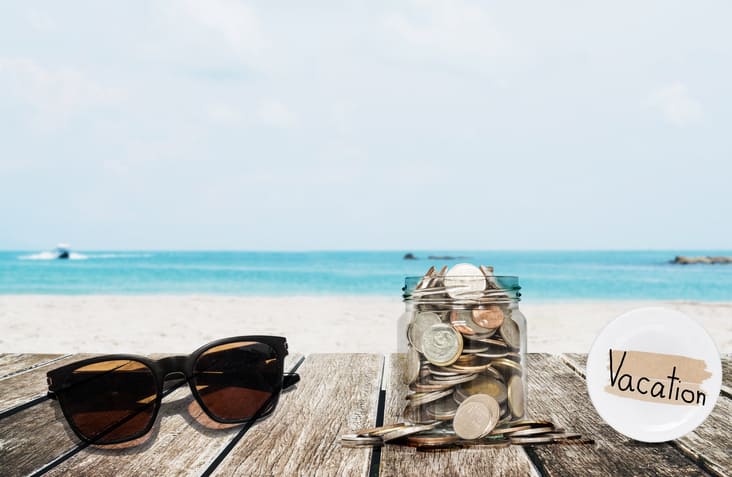Europe offers the chance to see many different cultures and countries across one continent. You can wake up to croissants in Paris one day before wandering the canals of Venice the next. However, as much as Europe has to offer as a continent, it can be quite pricey. Here are our top practical tips for travelling around Europe on a budget.
1. Go off season
If you want to save money on your trip, then consider going off season. Some of the cheapest air fares in and around Europe can be found in winter, as the weather can be a bit colder and wetter. But don’t let the weather put you off. With the right kit, you can still get out and about to see the beauty of European architecture or sample the local delicacies.
2. Compare prices
You would compare prices for your car insurance, so why not do the same for your travel? There are several comparison sites that collate the cheapest deals on flights or trains, and these should be your first stop when planning your trip. A favourite for finding the cheapest flight options is Skyscanner, while Omio is a great resource if you are looking to travel by train.
3. Take the bus
While many may think of touring Europe on the train, this can actually be quite expensive. Instead, look at taking the bus. There are several budget bus companies operating across Europe which will get you from point A to point B without breaking the bank. FlixBus has 2,000 travel destinations in 28 countries across Europe and tickets start from just £11. A mobile app offers fast booking and up-to-date information, and all the buses are equipped with a toilet and free Wi-Fi. Also consider booking an overnight journey. That way you not only get the cheapest tickets and travel while you sleep, but you also save yourself the cost of a night’s accommodation.
4. Get a tourism pass
Once you have got to your destination, you want to be able to afford to actually get out and do something. Major European cities often have something called a tourism pass. This is a pass which offers you discounts on travel and big tourist attractions during your stay. For example, the Berlin Welcome Card offers free public transport, savings of 50% on up to 200 attractions and a free city guidebook. For this pass, prices start from €20 for 48 hours, but the cost of tourism passes varies from city to city.
5. Walk as much as possible
Want to save money? Get your legs moving – it will cost you nothing. Wherever you are exploring, try to walk as much as you can. Not only will it save you money on public transport or taxis, but it will give you more of a flavour for the place you are visiting. Speaking of walking, if you are visiting a European city, see if you can find a free walking tour. This is a great way to learn a bit of local knowledge and find out about the best places to visit – and the only cost is whatever you want to tip your guide.
6. Find free attractions
Look for free attractions such as public museums or monuments. This way you can tick areas of interest off your list without having to open your purse or wallet. Also visit a local tourism office. Here you will find free maps, discounts and information regarding free attractions and events.
7. Eat smart
Some of the pleasure of visiting a new country is in sampling the food. If your budget allows and you are able to eat out, try to eat like a local. Ordering dishes from the region that are sourced locally will be that bit cheaper. Or maybe take advantage of the street food. A warm bratwurst eaten in the market square will be cheaper, and arguably more satisfying, than a fancy sit down meal in a nice restaurant. Similarly, it’s a good idea to cook when you can. This will save you a significant amount of money and it also offers another way to experience and explore the country you are in. You can peruse the local markets and create meals from local ingredients.
8. Save on accommodation
Accommodation can quickly swallow your travel budget. If hotels seem too expensive, consider self-catered accommodation like an Airbnb or a hostel with a kitchen area. Not only will you be likely to save money on potentially costly hotel rates, but also you have the option to cook for yourself and save money on eating out.







